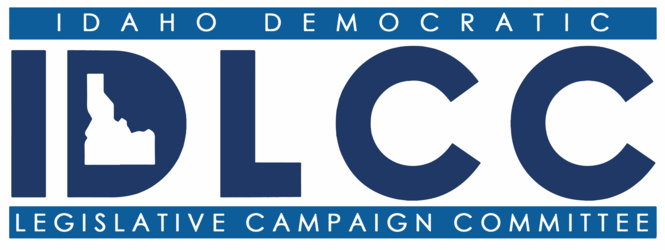On Tuesday, a bill to provide in-home caregivers property tax relief passed the Senate in a 29-5 vote.

Sen. Melissa Wintrow
Senate Bill 1259, sponsored by Sen. Melissa Wintrow (D-Boise), would allow a person who is the owner of a certified family home to qualify for the state’s property tax reduction program, also known as the circuit breaker, by exempting the payment they receive from the state for caring for someone 24/7 in their home from the income counted toward their application.
Wintrow said in order to keep people with disabilities out of institutions, Idaho is one of many states that allows someone to become licensed to care for a person in their home. The in-home caregiver is compensated, and receives an average of $54 per day from Medicaid. Currently, that money isn’t considered income by federal standards. Wintrow said it doesn’t make sense for the state of Idaho to be more onerous than the federal government, and the bill would change that policy.
Institutionalized nursing care costs $273 per day, or about $100,000 annually, according to the Division of Medicaid. Right now, roughly 3,000 Idaho residents receive in-home care in a certified family home. If all were institutionalized, that cost would be about $300 million per year.
“We are so thankful for the love and care adults with disabilities receive in these homes instead of being placed in institutions,” Wintrow said. “These folks are doing some of the hardest work on the planet and saving the state millions of dollars. I’m honored to have worked with so many people to get to this point today, and hope this bill can pass the House, so we can give our in-home caregivers much needed relief as property taxes continue to skyrocket. This approach saves a lot of money and keeps people in a home setting — the best of both worlds.”
Wintrow worked closely with a number of in-home caregivers and stakeholders on the bill, which is supported by the AARP, the Idaho Caregivers Alliance, and the Idaho Council on Developmental Disabilities. It now heads to the House, carrying with it strong bipartisan support and 22 co-sponsors. A version of the legislation was brought by Wintrow last year, and died in the House by two votes.


Recent Comments